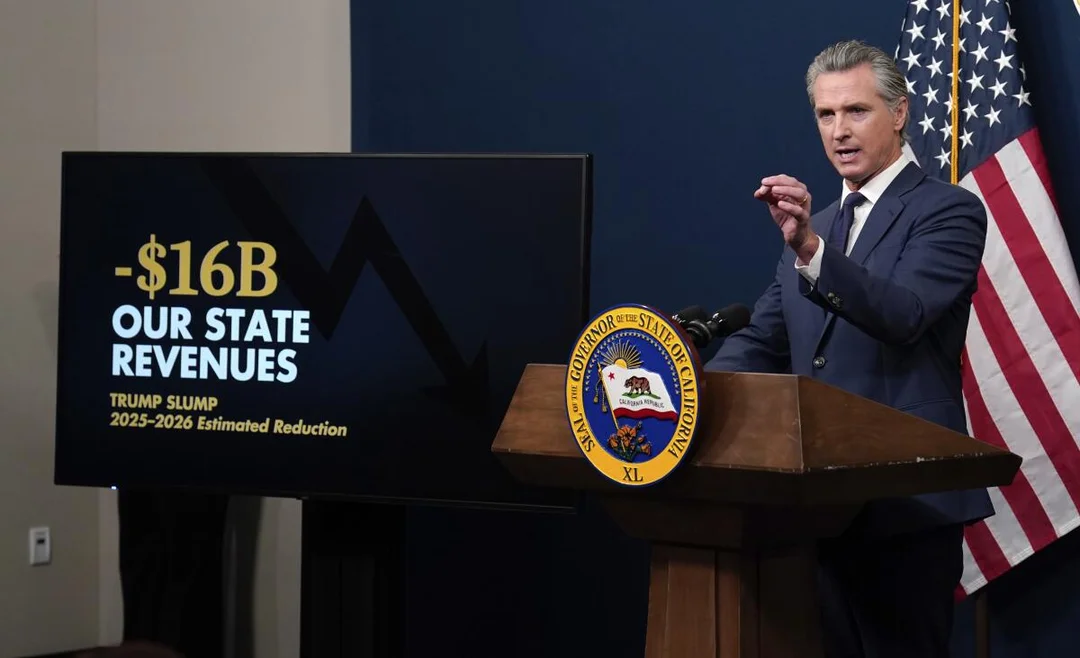
Is Gavin Newsom’s Governorship Heading for Turbulent Times?
Gavin Newsom, California's Democratic governor, is navigating a challenging final term amid growing criticism and fiscal woes. As he eyes a potential 2028 presidential run, questions swirl about whether his progressive legacy can withstand the pressures of budget shortfalls and political shifts. This scrutiny highlights deeper issues in California's governance, impacting not just state policies but national Democratic strategies.
In recent developments, Newsom faces subtle yet pointed attacks from fellow Democrats vying for his seat. At a labor forum in Sacramento, candidates like former Los Angeles Mayor Antonio Villaraigosa and former Controller Betty Yee emphasized California's high cost of living and effective poverty rate, implicitly critiquing Newsom's boasts about the state's economy. Political scientist Eric Schickler from UC Berkeley notes that aspiring governors must position themselves as agents of change, often at the expense of the incumbent. Newsom's podcast interviews with conservatives, such as agreeing with Charlie Kirk on trans athletes, have drawn fire from progressives like Assemblymember Christopher M. Ward, who expressed being "profoundly sickened" by the remarks.
The governor's proposed budget cuts to address a $12-billion deficit have intensified the backlash. Sociologist G. Cristina Mora points out that these moves, including reductions in free healthcare for undocumented immigrants, are perceived as a rightward shift to appeal nationally. Critics like SEIU California's Tia Orr argue that the budget prioritizes the wealthy over working-class needs, especially amid federal tariff threats from President Trump. Assemblymember Alex Lee, head of the Legislature’s progressive caucus, called the proposals "catastrophically misguided," echoing concerns that Newsom is more focused on presidential ambitions than state issues, as revealed in a recent IGS poll.
Newsom's record on key issues, such as homelessness and child protection, has come under fire. Despite investing over $20 billion since 2019, homelessness persists, prompting the governor to urge cities to ban encampments. An opinion piece highlights his support for legislation against child sex trafficking, yet progressive lawmakers gutted parts of it, underscoring internal party divisions. Democratic consultant Darry Sragow warns that these decisions could erode Newsom's political standing, turning allies into critics and complicating his national aspirations.
Comparatively, Newsom's predicament echoes past governors like Jerry Brown, who faced similar critiques on issues like homelessness. However, with California's economy still ranking fourth globally, the disconnect between economic metrics and public sentiment—fueled by pessimism and declining approval ratings—poses a unique challenge. As Newsom balances fiscal responsibility with progressive ideals, the outcomes could redefine Democratic leadership in a polarized era.
In summary, Gavin Newsom's final years as governor reflect the tensions between state governance and national ambitions, potentially shaping his political future. What does this mean for California's progressive agenda and beyond? We invite readers to share their thoughts: Is Newsom adapting or compromising? Leave a comment below or share this article to spark discussion.